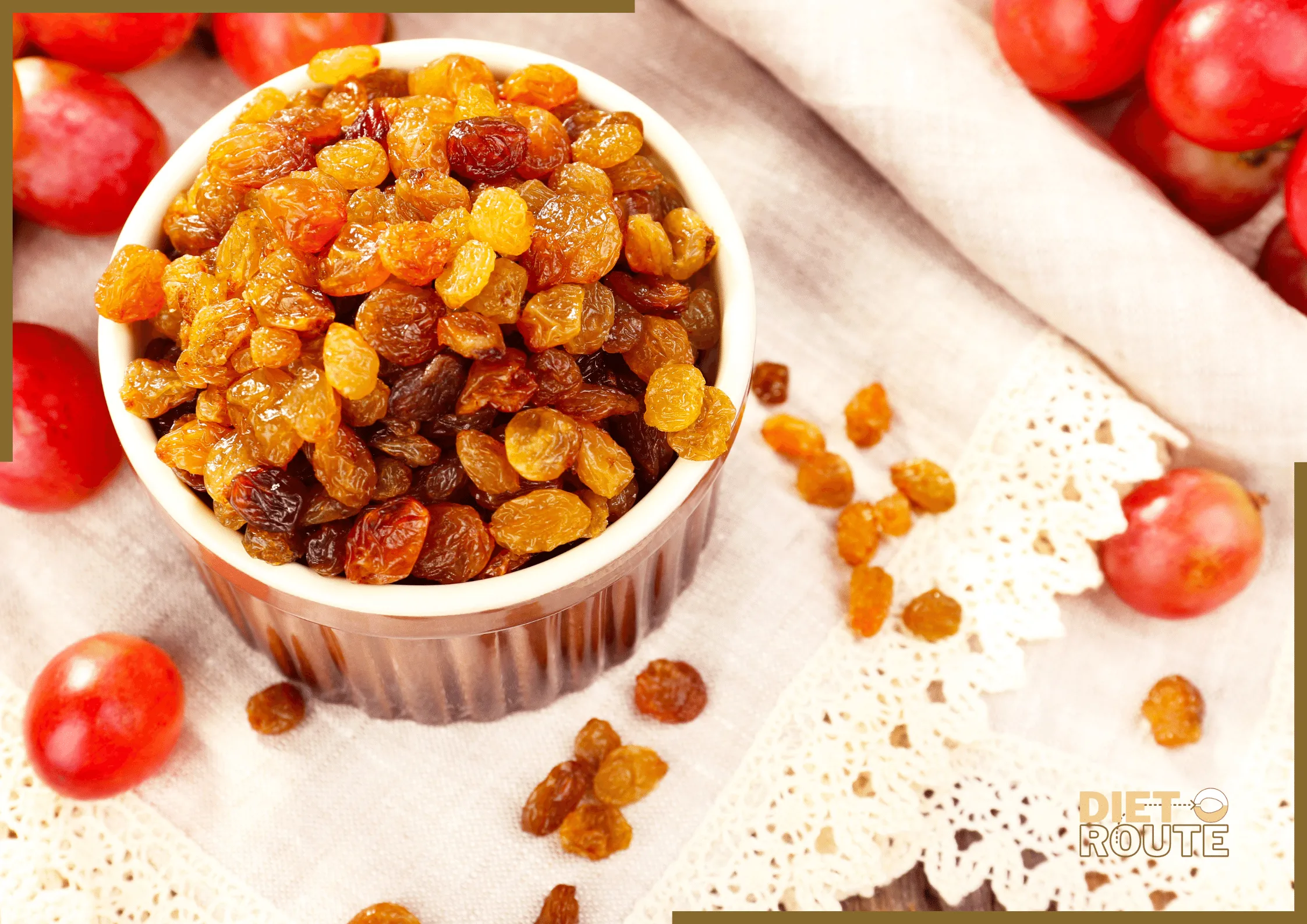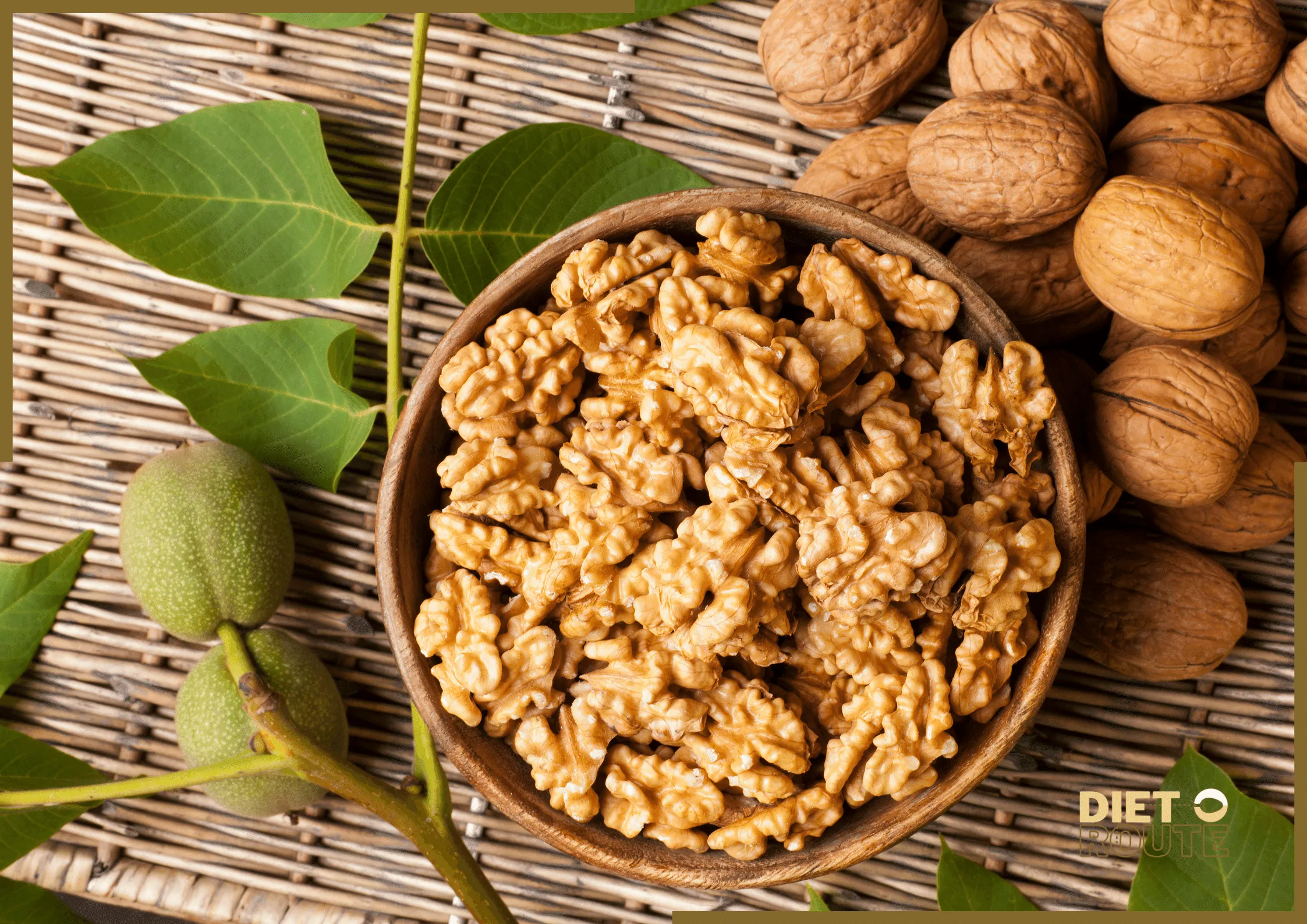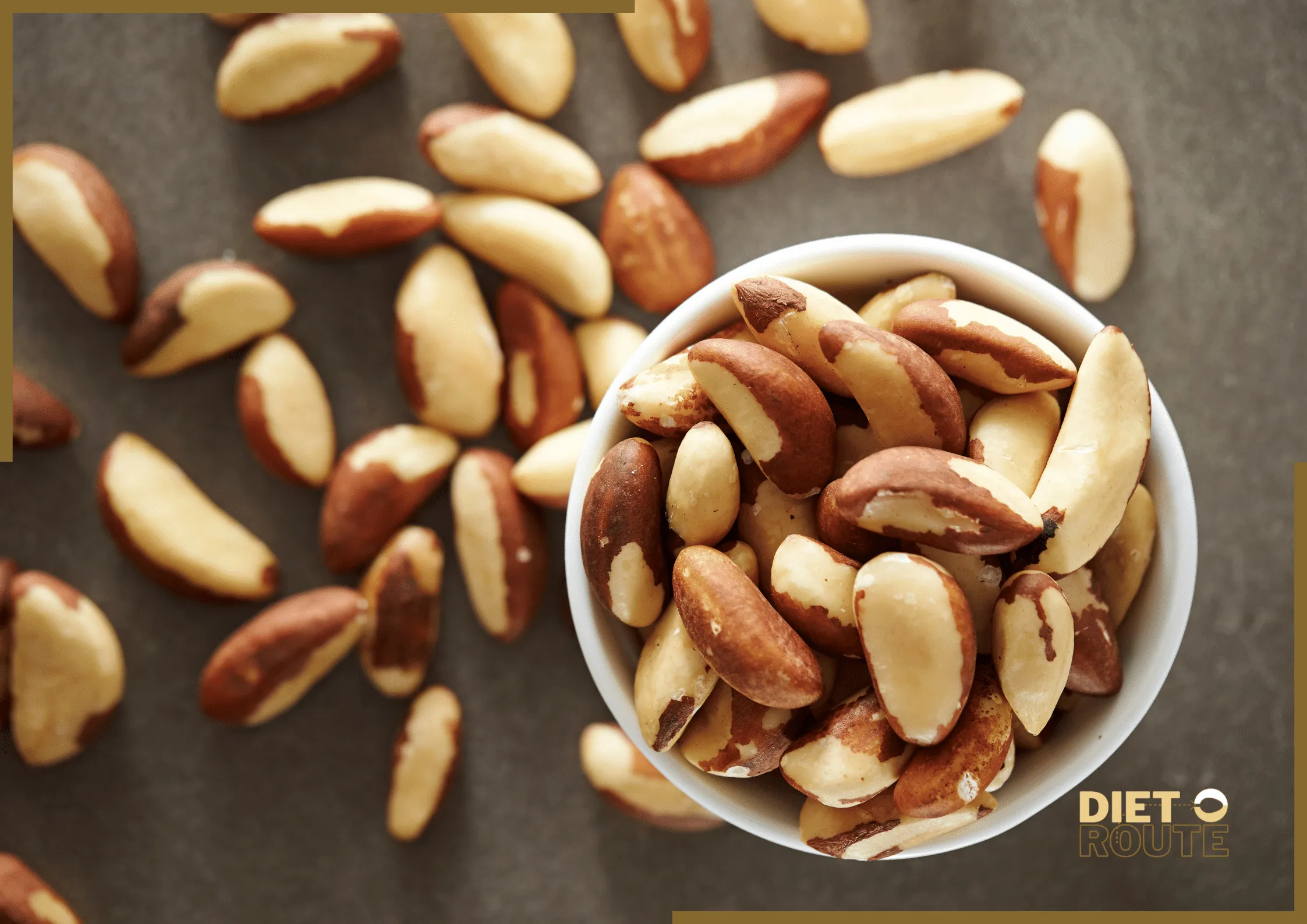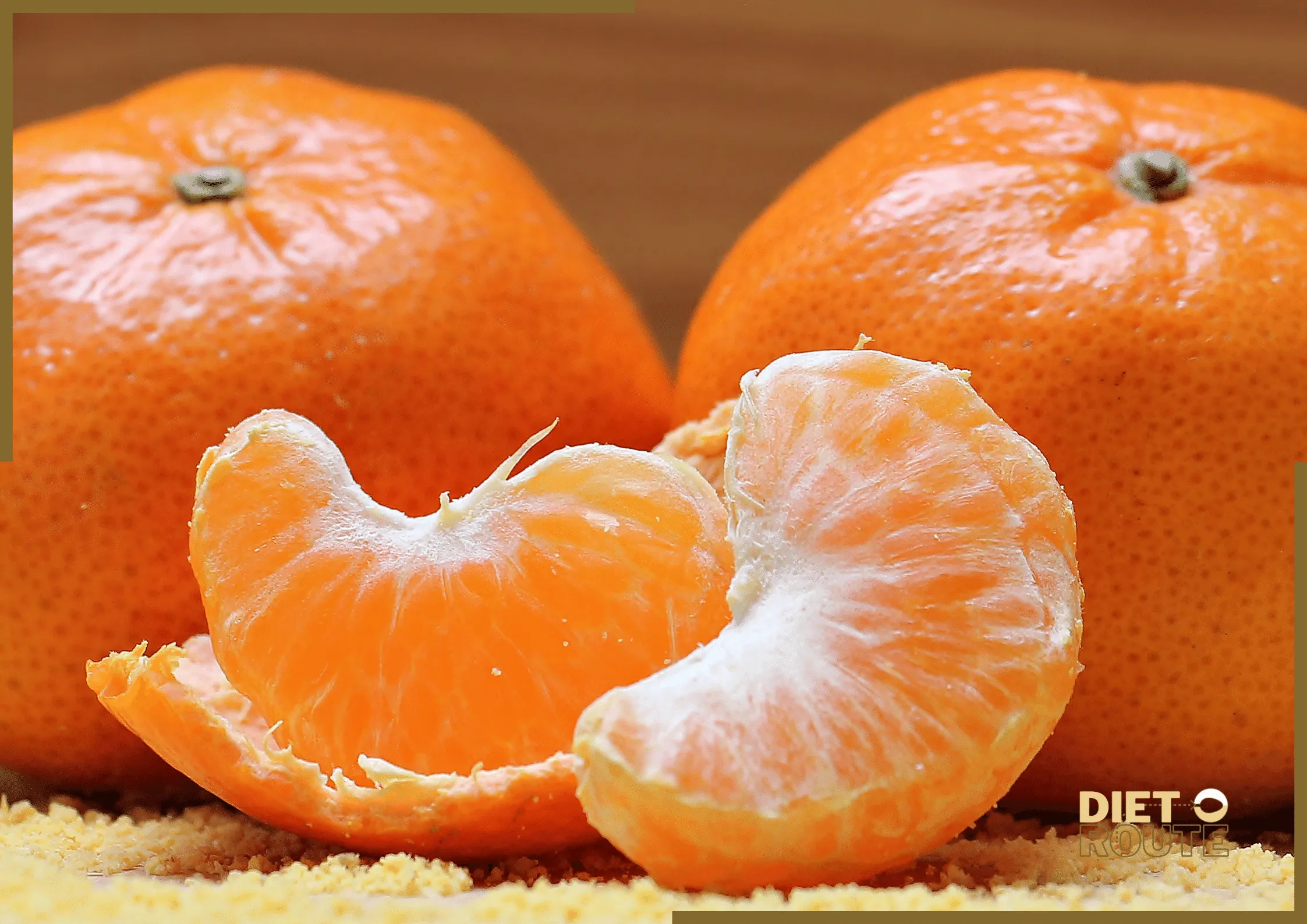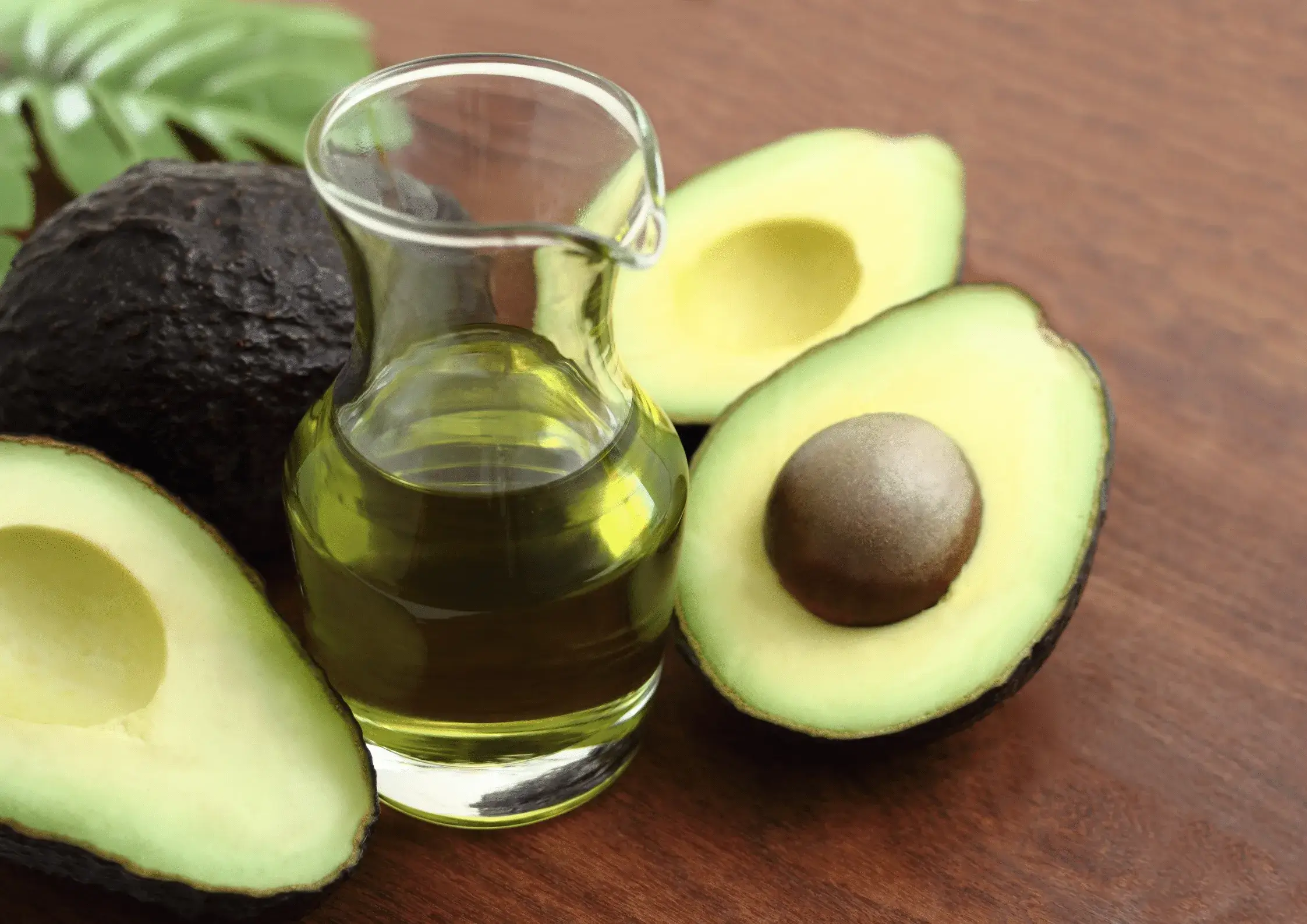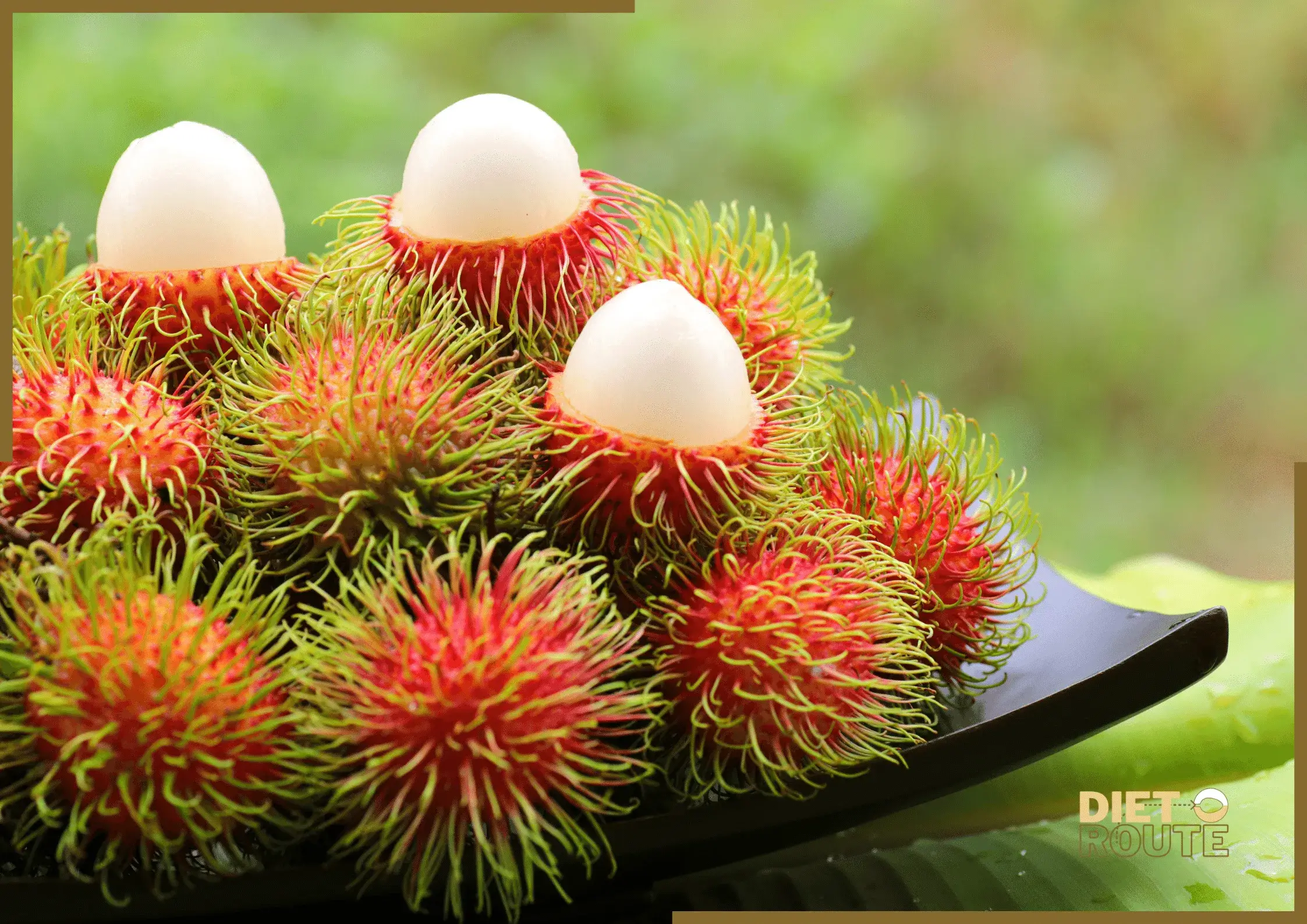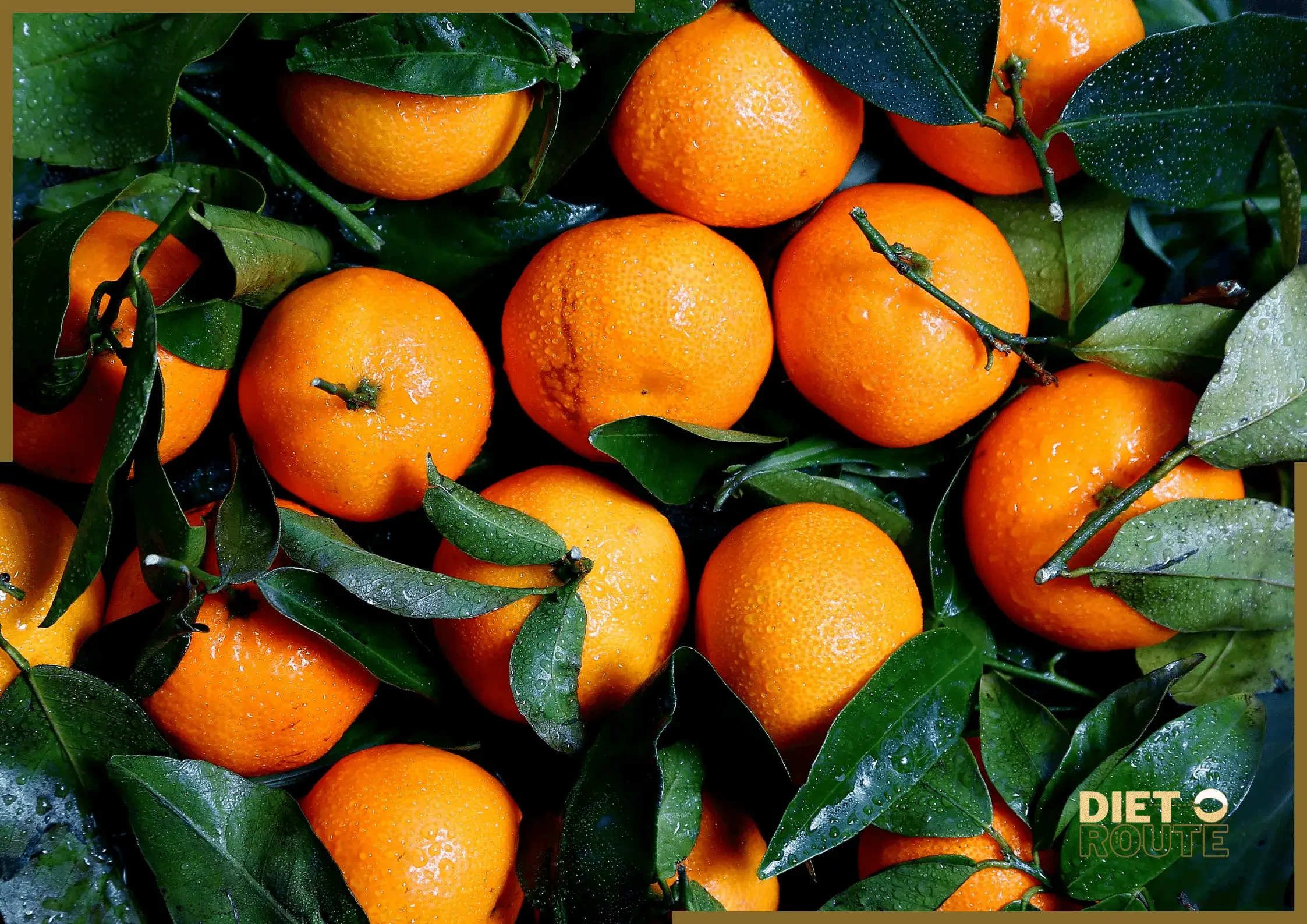Table of Contents
Introduction
Dried grapes, also known as raisins, are a highly nutritious ingredient that is widely used in cooking and baking. This article presents a tabular breakdown of the nutritional value , including the daily percentage value. We provide an in-depth analysis of the advantages and disadvantages of incorporating them into your diet. Additionally, we address ten commonly asked questions (FAQs). Explore the advantages and factors to keep in mind when adding to your daily nutrition.
Nutritional Value Approximately 100g
The values provided are approximate can vary depending on the size and ripeness.
| Nutrient | Amount Per 100g | % Daily Value* |
|---|---|---|
| Calories | 299 kcal | 15% |
| Carbohydrates | 79.2 g | 26% |
| Fiber | 3.7 g | 15% |
| Sugars | 59.2 g | – |
| Protein | 3.1 g | 6% |
| Fat | 0.5 g | 1% |
| Vitamin C | 2.3 mg | 4% |
| Iron | 1.9 mg | 11% |
| Calcium | 50 mg | 5% |
| Potassium | 749 mg | 16% |
*Percent Daily Values (% DV) are based on a 2,000-calorie diet.
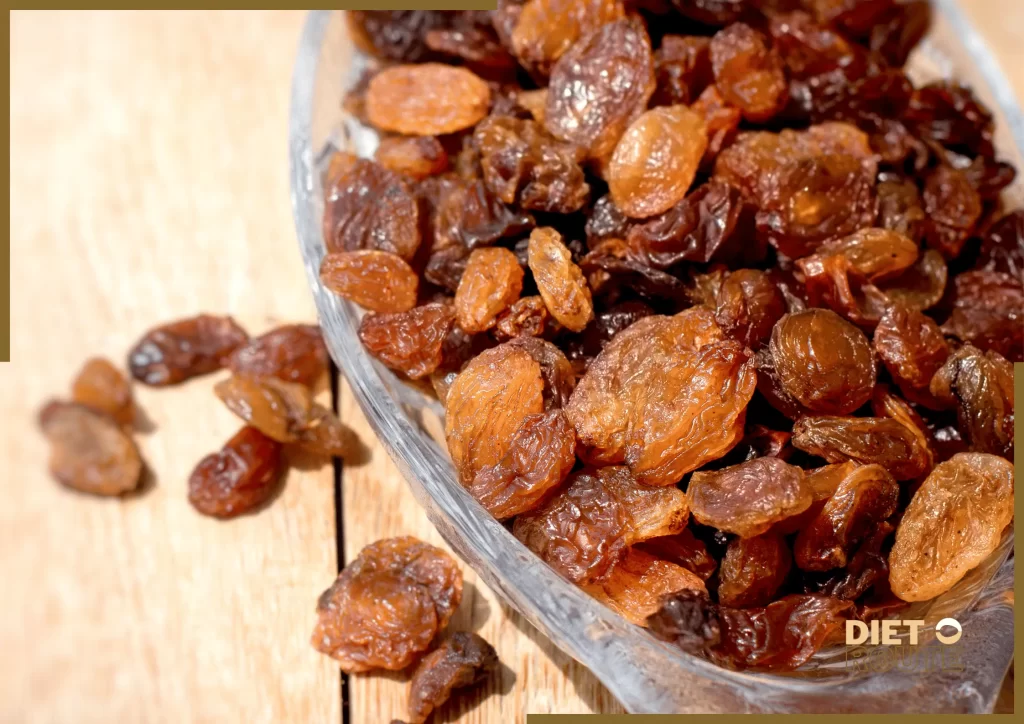
Pros
1.Raisins are a nutritious food item that provides a rich source of carbohydrates, fiber, and vital minerals such as iron and potassium.
2. They are rich in antioxidants that aid in safeguarding against inflammation and oxidative stress.
3. They are a great snack option as they contain carbohydrates that provide a quick and natural source of energy.
4. They are great for digestive health as they contain high fiber content that aids in promoting healthy digestion and preventing constipation.
Cons
1. They have a high natural sugar content, therefore it is important to consume them in moderation, particularly for individuals with diabetes or those who are mindful of their sugar consumption.
2. They are a calorie-dense food, making portion control crucial, especially for those following a calorie-restricted diet.
Frequently Asked Questions (FAQs)
1. Is iron a good nutrient found in raisins?
They can be a good source of iron, a vital nutrient for promoting healthy blood flow and oxygen transportation.
2. Is it possible to incorporate raisins into a weight loss regimen?
They are a great source of energy and should be consumed in moderation as part of a balanced diet to help achieve weight management goals.
3. Is it safe for kids to eat raisins?
They pose a potential choking risk for toddlers and young kids. Cut the fruits into smaller pieces or provide alternative dried fruits to ensure convenience.
4. Can consuming raisins enhance bone health?
They are a great source of calcium and boron, making them a beneficial addition to support bone health. It is recommended to consume them in conjunction with a diet high in calcium.
5. Is it possible to incorporate raisins into a gluten-free diet?
They are a gluten-free food option that can be incorporated into a gluten-free diet without any concerns.
6. Can raisins contribute to dental caries?
They may potentially lead to tooth decay if adequate oral care is not practiced due to their sticky nature. After eating them, it is recommended to rinse your mouth.
7. Can raisins aid in controlling blood pressure?
They are a good source of potassium which may help in regulating blood pressure levels for better health.
8. Are raisins beneficial for athletes?
Raisins are an excellent source of natural sugars that can provide a quick boost of energy, making them a convenient choice for athletes during workouts or competitions.
9. Can raisins serve as a natural sweetener in recipes?
Yes, they are a great natural sweetener option for a variety of recipes, such as baked goods and desserts.
10. Can people with nut allergies eat raisins?
They are a safe option for people with nut allergies, but it’s important to be cautious due to the possibility of cross-contamination in processing facilities.
In a Nut Shell
Incorporating raisins into your diet can provide a variety of vital nutrients and contribute to a healthy lifestyle. These foods offer a dense supply of nutrients such as carbohydrates, fiber, iron, and potassium. Moderation is crucial when consuming foods with high sugar and calorie content, particularly for people with diabetes or those who are mindful of their weight. Enjoy the potential health benefits by incorporating them into a balanced diet.
